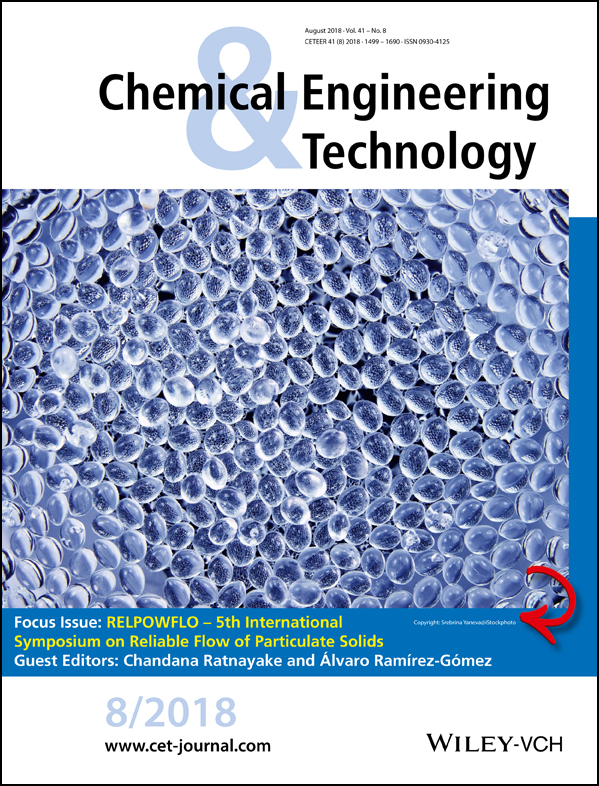Transient Energy and Exergy Analyses of a Multistage Hydrogen Compression and Storage System
Abstract
A new, practical, and efficient hydrogen compression and storage system is developed and analyzed thermodynamically through transient energy and exergy approaches. The first model of the multistage hydrogen compression system consists of multiple compressors with variable pressure ratios; all operating at the same variable pressure ratio. The second model has two fixed filling times, as a result of its operational mode. The second model integrates constant pressure ratio compressors with a controller that runs the required number of compressors based on the pressure in the vessel. The overall system and its components are simulated in Aspen Plus and Engineering Equation Solver, with which their performances are evaluated based on energy and exergy analyses.




